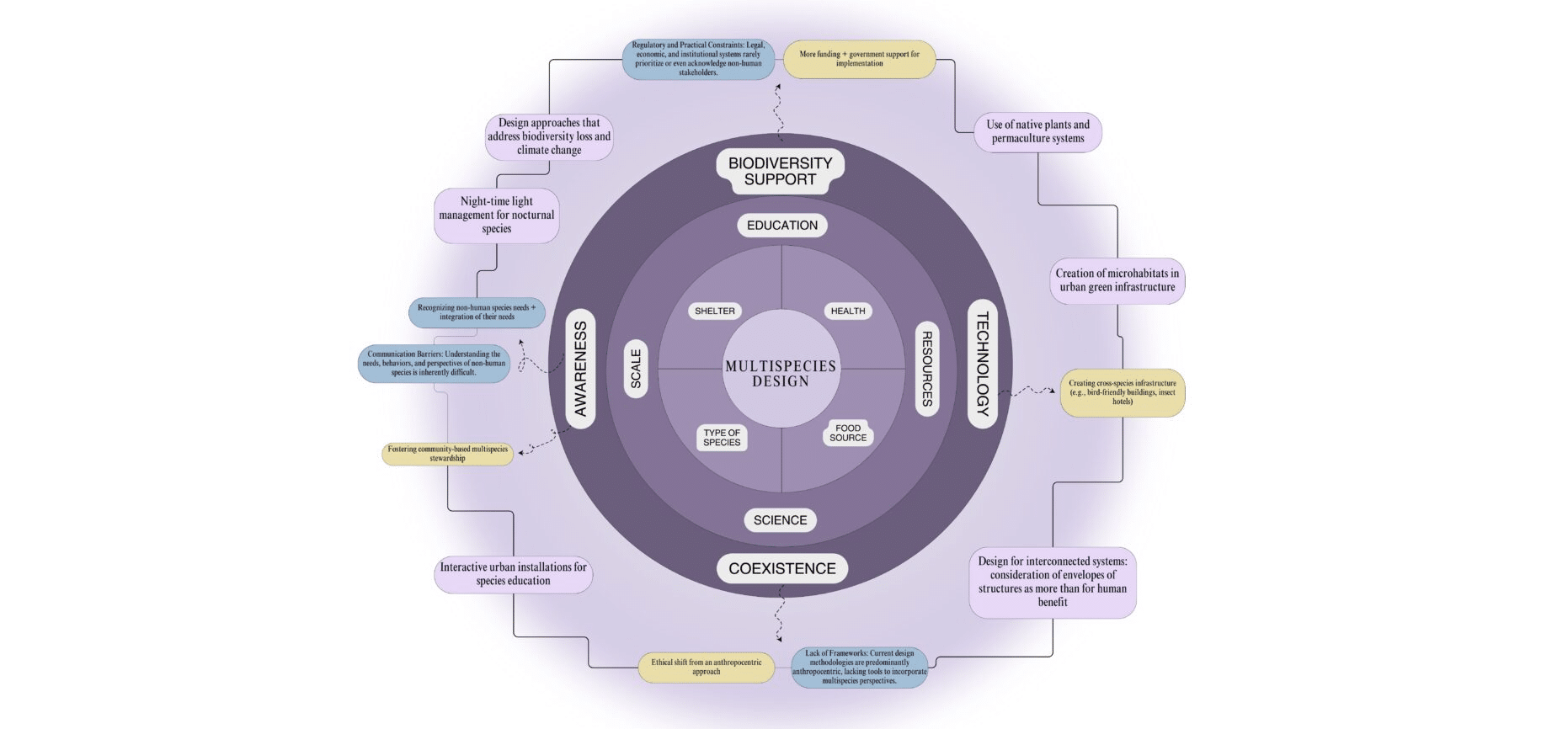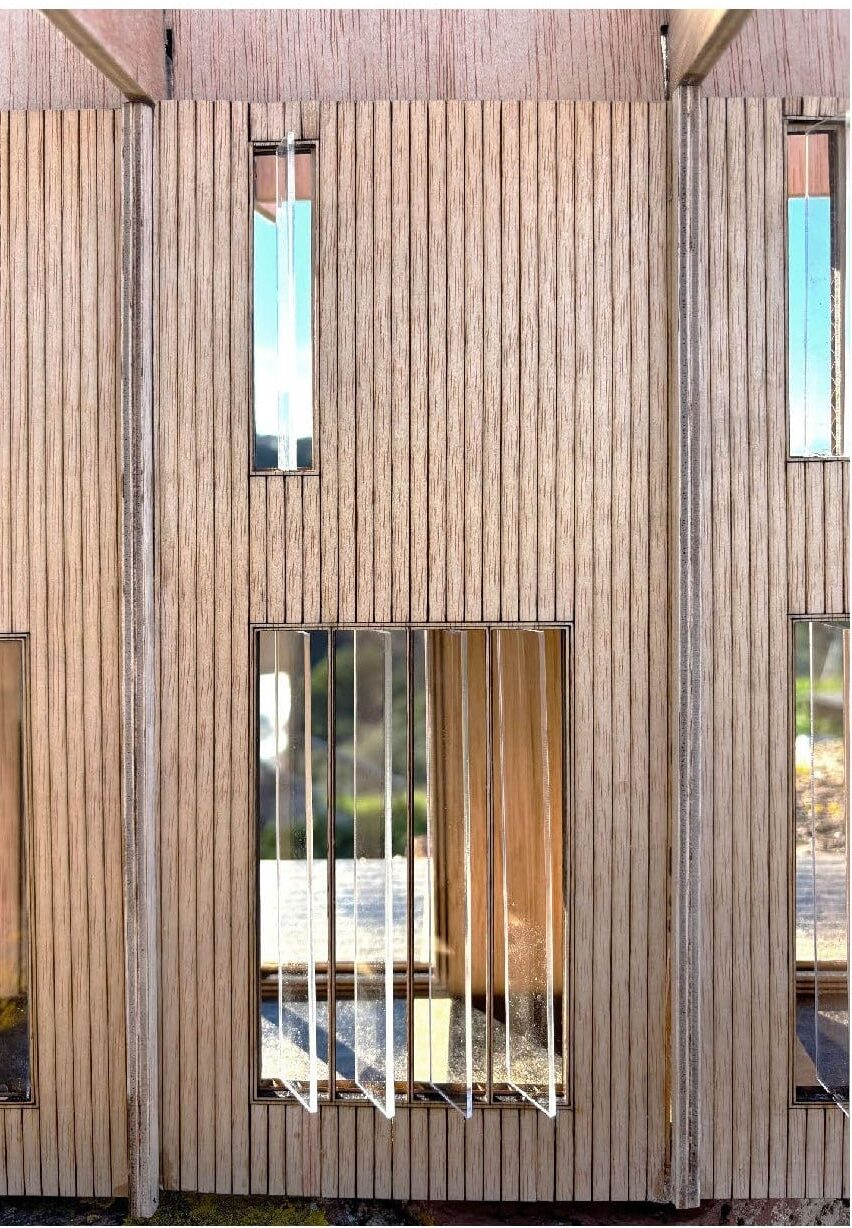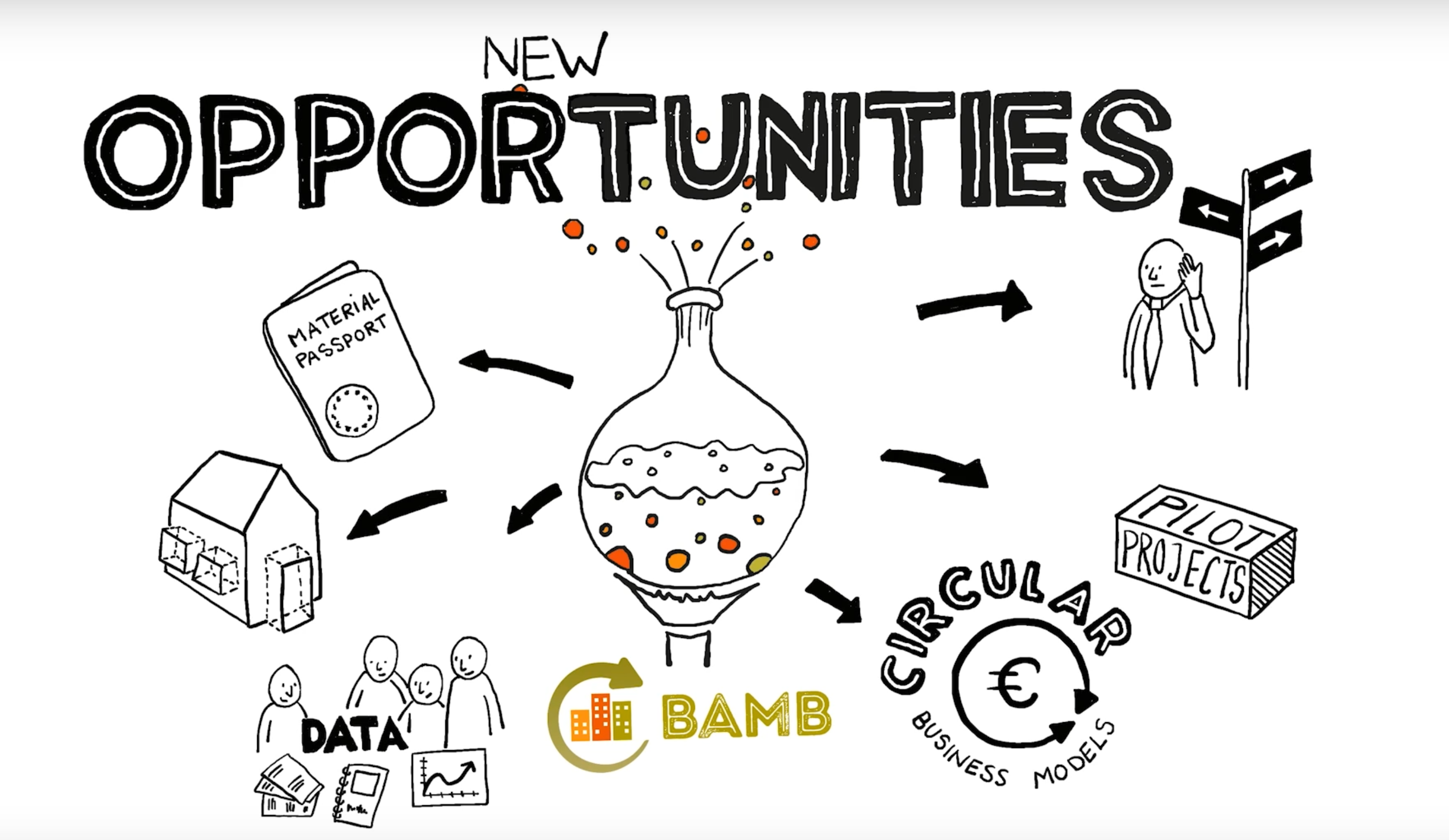Framing Irregularity
Designing Adaptive Framing System forWarped Wood: Exploring in to framing system thataccommodates different warped pieces of planks caused by uneven anisotropic bending characteristics of Pine Wood forfunctional applications in architectural design and construction. How can we create a Adaptable Frame System that accommodates different warped wooden pieces resulting from uneven anisotropic drying behavior of pine … Read more









